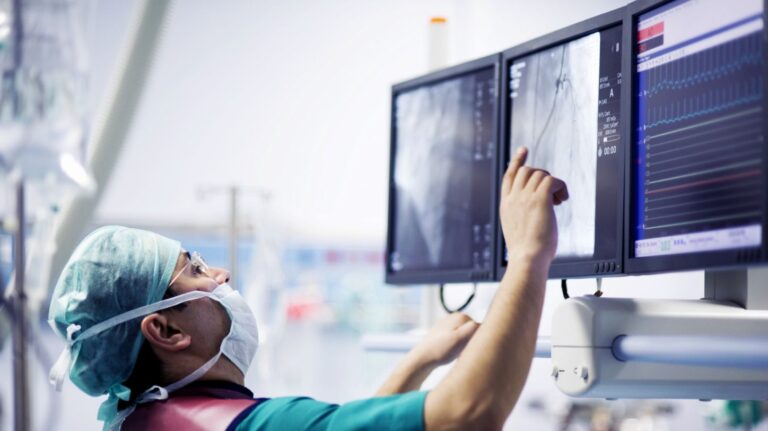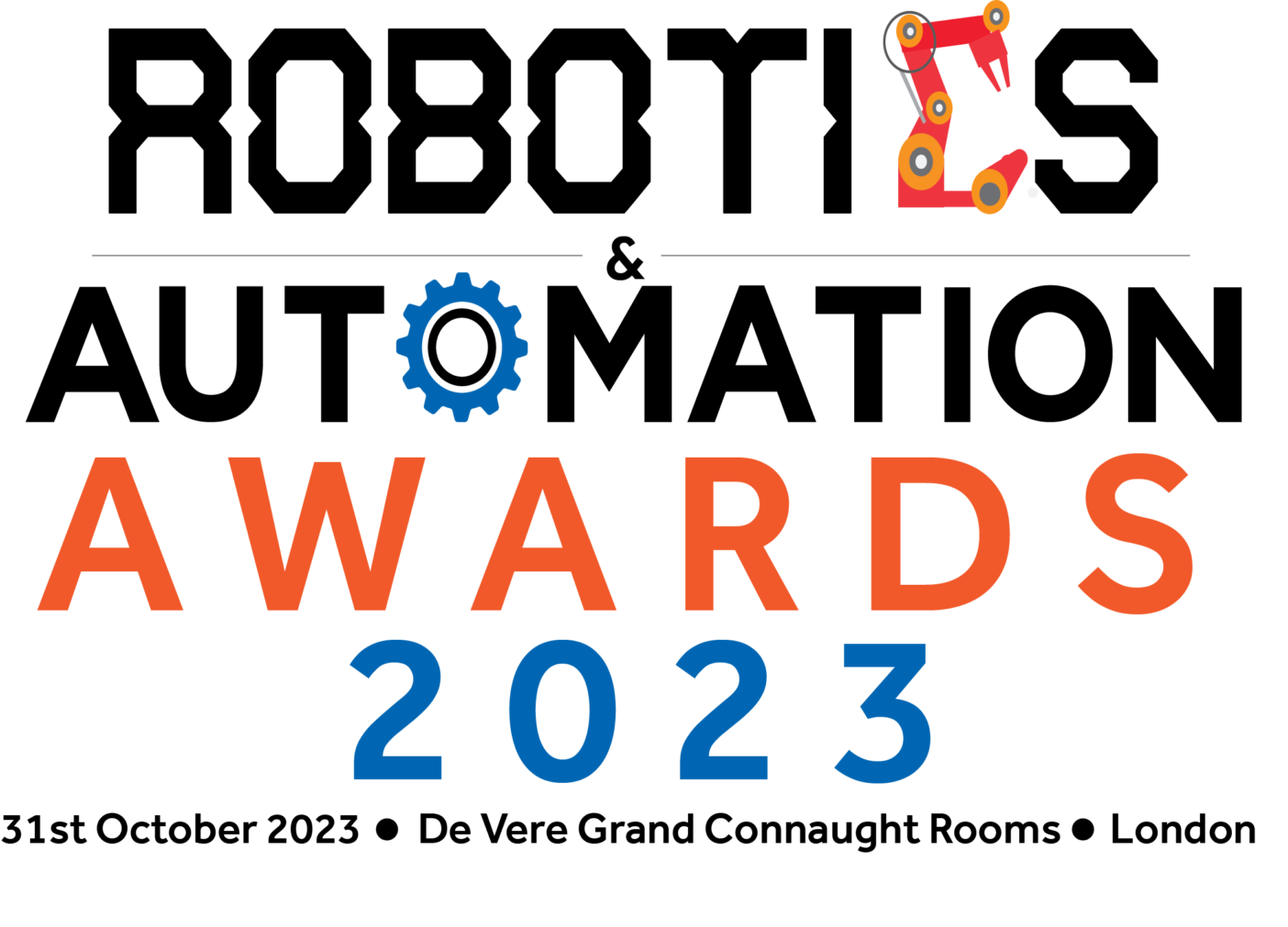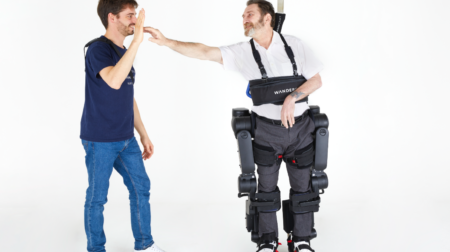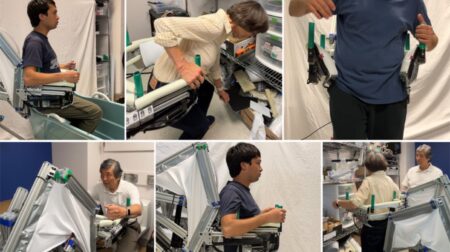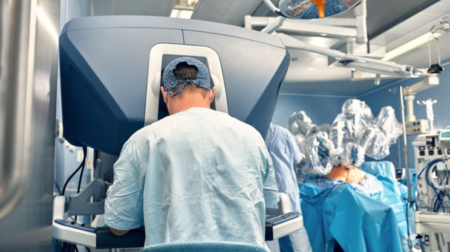A survey commissioned by British telecoms company BT Group has revealed that the UK public wants to see more technology deployed throughout the NHS, with nine in 10 (91%) patients calling for shorter wait times and 64% believing tech is a worthwhile investment.
BT recently announced a new artificial intelligence (AI) and digital-driven service for medical settings to speed up diagnosis processes.
Current data from NHS England has shown that 7.6 million people in England are now waiting for hospital treatment.
The telecoms company highlighted that the pandemic caused significant shifts in the public’s attitude towards digital healthcare, meaning 75% of UK adults would now prefer a digital consultation or diagnosis.
What’s more, 19% of respondents expressed that they would be frustrated if they were asked to visit a GP or hospital for an appointment, if it could have been done digitally.
Building on this, nearly half (48%) said they would choose a digital appointment over a face-to-face one if it meant they could speak to a medical professional quicker.
Some 37% of the UK public expressed support for the use of AI to help improve the efficiency of the NHS, with one in five (18%) saying they would like digital diagnosis processes to be rolled out widely.
The survey highlighted that these more ‘practical’ uses of technology were a much higher priority for respondents than robotics (nine percent) or virtual reality (five percent).
Professor Sultan Mahmud, director of healthcare, BT, said: “The NHS is critically important to all of us, with a 75-year-strong track record of embracing new technology. However, as its challenges mount, we need to do more to make sure it’s equipped to keep up with patient demand.
“It’s clear from the research that the public recognises the link between technology and health. While technology alone can’t build more hospitals or train doctors and nurses, it can make the day-to-day experience of healthcare better for everyone – speeding up diagnosis and treatment, improving the experience of patients, freeing up time for frontline workers and helping budgets go further.”
BT also recently entered a partnership with specialist technology companies Deepc and Axon Diagnostics to improve its digital health programme for the NHS and to support a reduction in waiting times.
Dr Paul Bhogal, consultant interventional neuroradiologist and member of BT’s Clinical Advisory Board, added: “When we talk about the need to bring new technology to the NHS, we’re not talking about replacing doctors and nurses.
“We’re talking about taking tools that are already a part of everyday life elsewhere, and using them to make things quicker and easier for patients.”
BT Group is a finalist for the first-ever Robotics & Automation Awards in the Best Use of Drones and R&D Innovation categories as part of the InDePTH (Intelligent Drones for Port and Highways) project. Interested in attending this unmissable event for the robotics and automation sectors? Book your table now!

